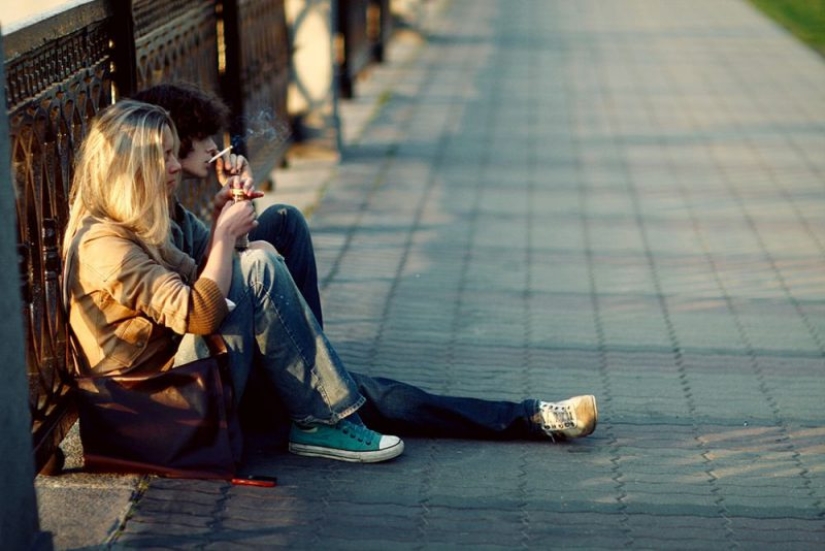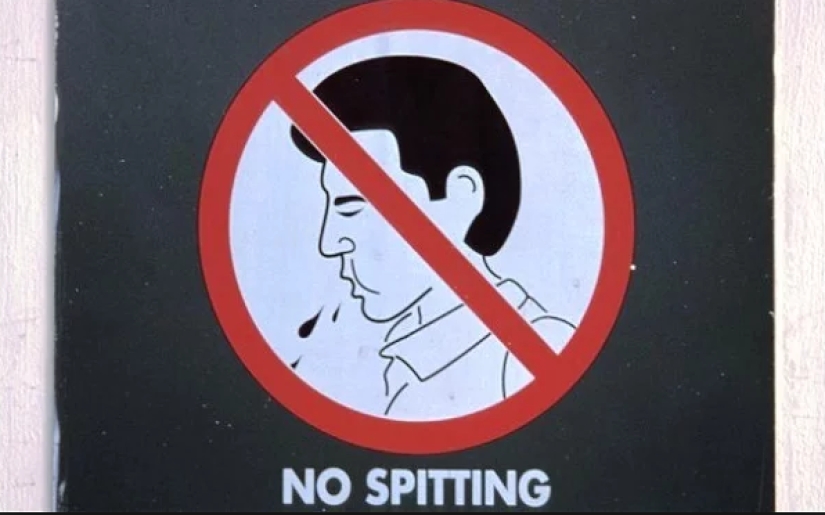From Bikinis to Wi-Fi Connectivity: 6 Common Things That Were Once Illegal
Categories: Culture | Europe | North America | Society | World
By Pictolic https://pictolic.com/article/from-bikinis-to-wi-fi-connectivity-6-common-things-that-were-once-illegal.htmlThe world around us is constantly being transformed, so is it any wonder that the attitude of the law to some things and actions may also change over time. We have found for you six examples of how criminal actions over time become commonplace cases that do not involve absolutely no responsibility.

You will be surprised when you find out what nonsense could have seriously affected you just a few years ago. If we theoretically imagine that these times will return, then today each of us will be worthy, if not of imprisonment, then of a substantial monetary fine. So, in the world it used to be forbidden:

Surprisingly, this type of swimsuit has been banned for a long time. Bikinis were banned not in conservative Islamic countries, but in Europe — in France, Spain, Portugal, Italy, Australia and even in several US states. A ban was imposed on the demonstration of such swimsuits in Hollywood films.
In the middle of the XX century, the mayor of the Spanish city of Benidorm, Pedro Zaragoza, contrary to current laws, allowed everyone to wear a bikini. Vacationers with forbidden swimsuits immediately gathered in the resort of Benidorm and simply made the city rich.
Then Zaragoza realized that a permit to wear a bikini could bring huge profits to the tourist sector of the country and went with his arguments to Madrid, to the authorities. He managed to get the ban lifted and all civilians could now wear them without fear of a serious fine.

Today, in most countries of the world, you can sit on the sidewalk and even lie down as much as you want. But it wasn't always like that. In some places of the planet, as a rule, not too rich, they fought against poverty, forbidding the homeless and beggars to sit on the streets.
This rule applied to everyone and the police could issue a fine and arrest even a decently dressed person who just sat down to rest. By the way, there was no such ban in Russia. Most likely, this is not due to the progressive views of officials, but to the absurdity of the idea of sitting on spat dirty sidewalks.

The most typical example of a country where a fashionista could get into trouble with the law is the Soviet Union. Stylists and hippies, who tried to resemble Western youth, were the main target of party and Komsomol functionaries.
The manifestations of Western influence were fought not only with caricatures, lectures and feuilletons. A defiantly dressed young man or girl could easily be arrested for violating public order, immoral behavior, parasitism and much more. As they say, there would be a person, but there will be an article.

The prohibition to spit anywhere is one of the few that had an obvious meaning. Firstly, spitting pollutes the streets of cities, and secondly, they serve to spread infections as dangerous as tuberculosis. Despite the fact that in most countries responsibility for such piggery has been abolished, in some places fans of spitting are still waiting for problems.
It is well known that spitting on the sidewalk can have consequences in the USA, India and Singapore. To maintain cleanliness, warning signs are placed there and special spittoons are placed in addition to urns, so it is unlikely that it will be possible to get away from the fine by portraying ignorance.

Using a nickname or someone else's name in social networks has long been commonplace. We encounter people posing as others almost every day. But there were times when it was forbidden and those caught in such a lie could be brought to justice.
There is a case when one of the residents of Canada started a Facebook page on behalf of his boss. When this was discovered, the violator was found and a fine of $ 500 was paid to him. Now impostors are in no danger if they do not use fake accounts to commit illegal actions.

It is difficult to imagine the life of a modern person without the Internet. That's why we spend a lot of time looking for a Wi-Fi hotspot to connect to. In some countries, unauthorized connection to someone else's network could be interpreted as computer fraud and entailed penalties.
Interestingly, the law was passed in 1984, when no one had heard of the wireless Internet and it concerned any connection to the network without the permission of its owner. In 2007, one German was fined 400 euros and received an additional 40 hours of community service for connecting to a wireless cafe network, without payment.
Recent articles

It's high time to admit that this whole hipster idea has gone too far. The concept has become so popular that even restaurants have ...

There is a perception that people only use 10% of their brain potential. But the heroes of our review, apparently, found a way to ...

New Year's is a time to surprise and delight loved ones not only with gifts but also with a unique presentation of the holiday ...